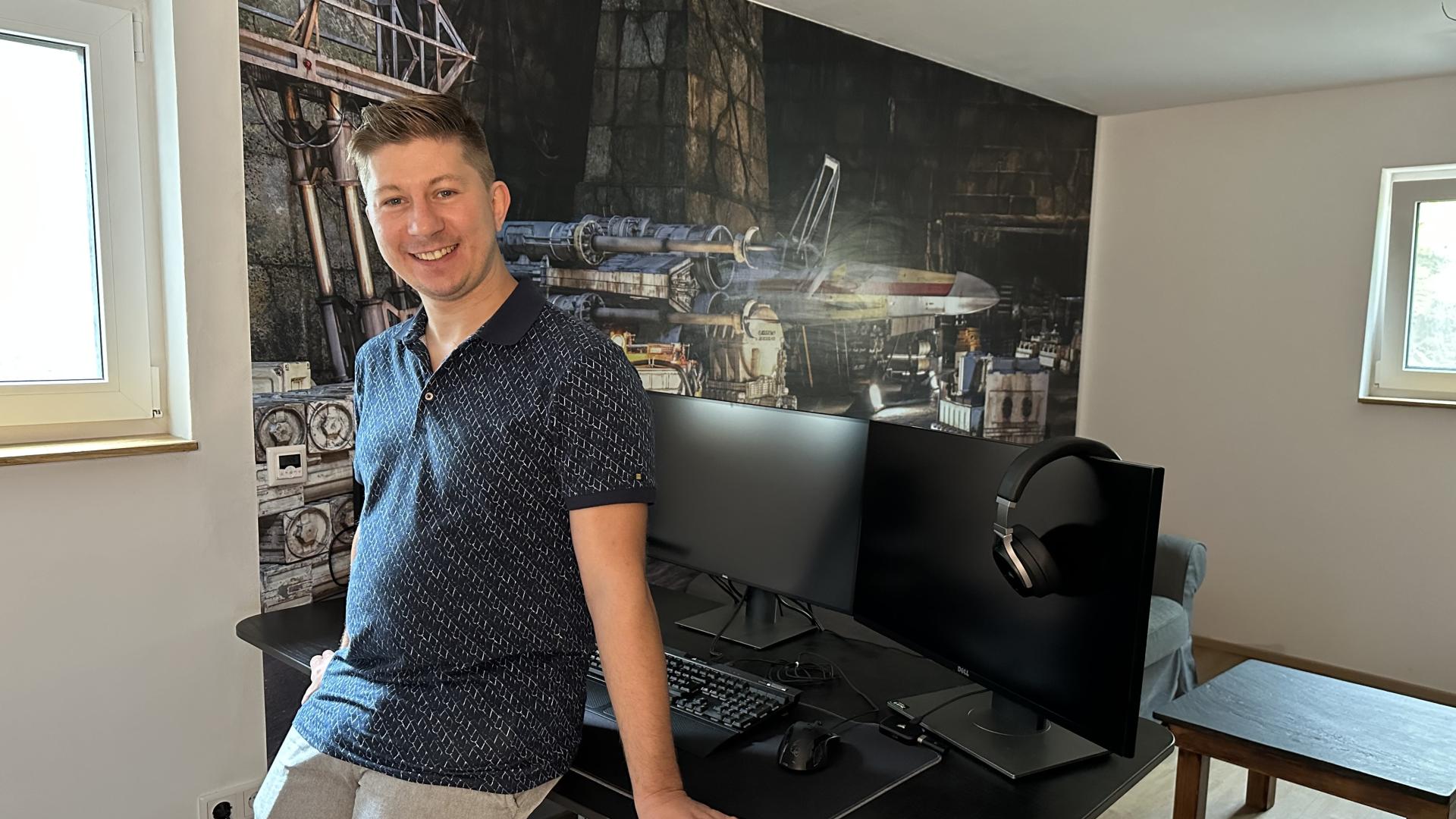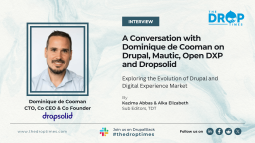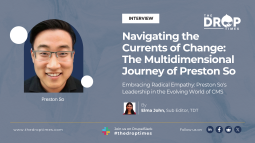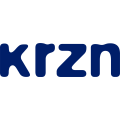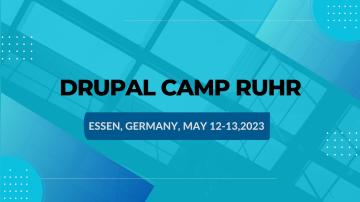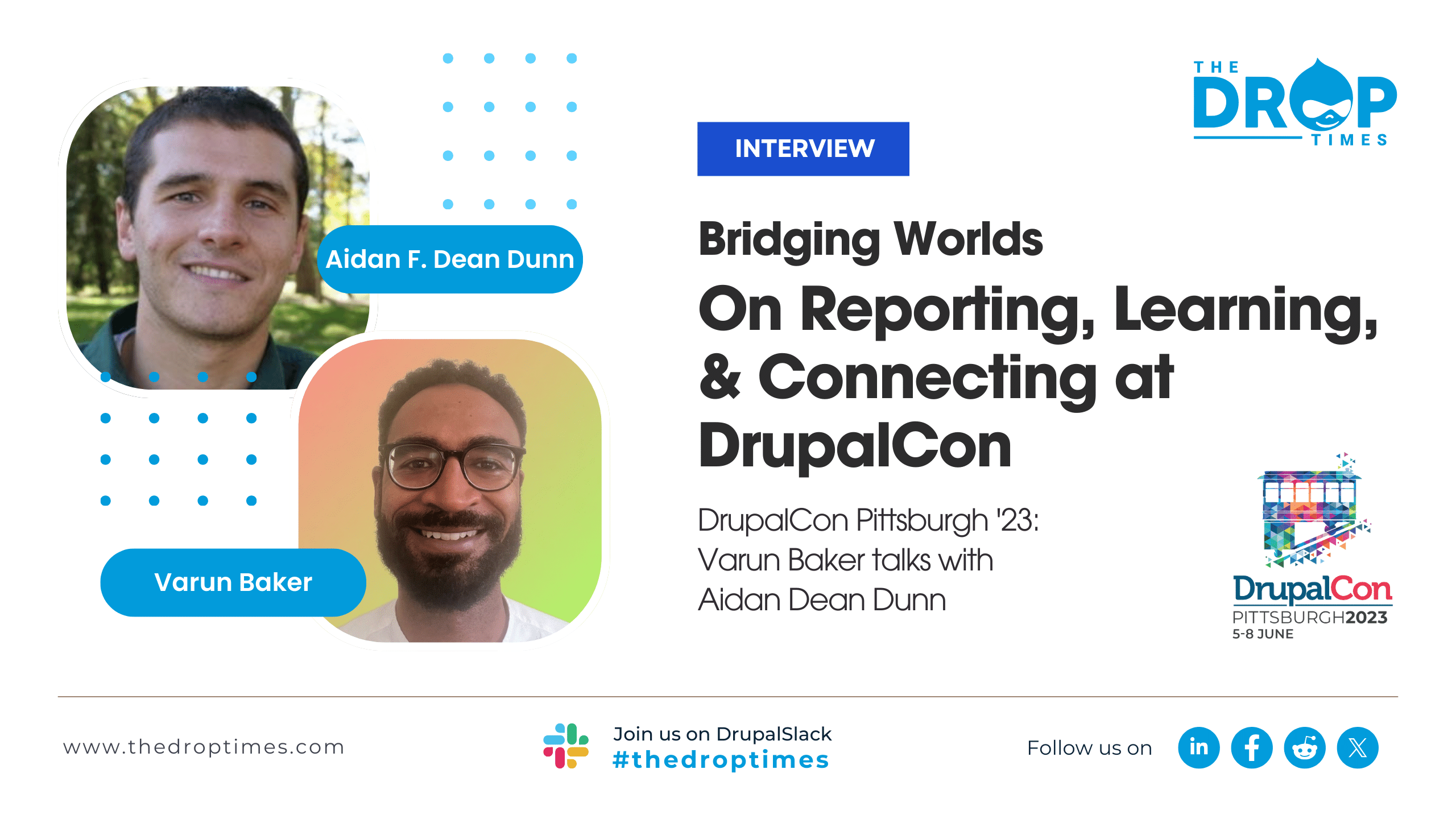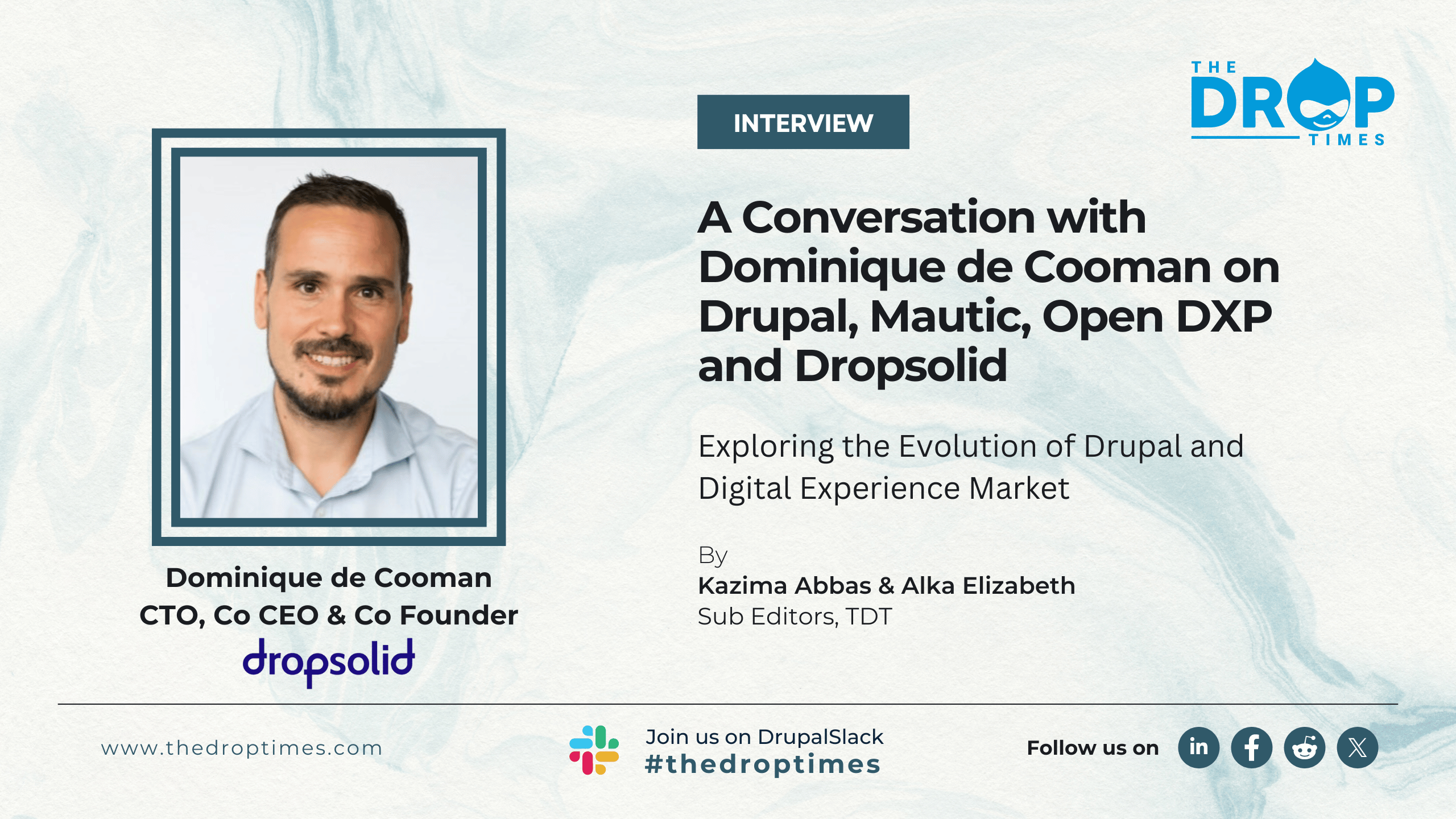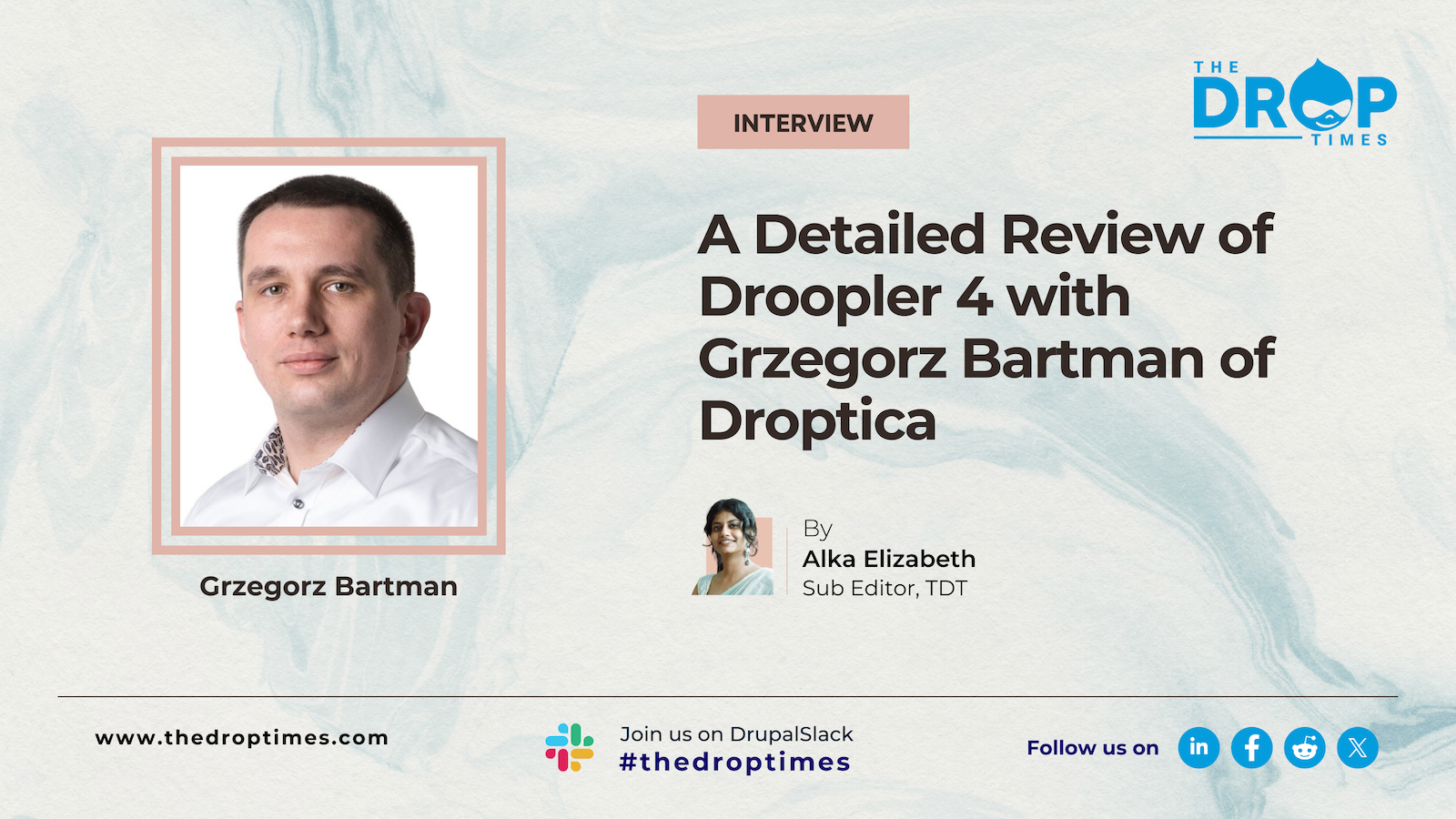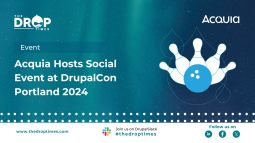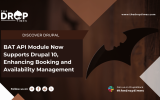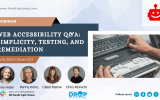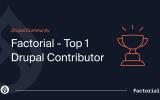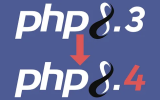Sven Schüring: An Advocate for Web Accessibility
Sven Schüring, a seasoned consultant at KRZN, celebrated for his role as a web worker, Open Source Activist, and web standards advocate, is a powerhouse of expertise in web management and Drupal. Sven's active engagement in the Drupal community and concurrent maintenance of two impactful Drupal projects positions him as a dynamic force from a data management perspective.
In an exclusive interview with Thomas Alias K, former Sub-Editor at TheDropTimes [TDT], Sven Schüring shares insights into his inaugural encounter with Drupal, the evolving learning curve of the platform, and its pivotal role in addressing accessibility needs for German local governments. Candidly, he tackles the intricate challenges faced by organizations navigating the shifting landscape of municipal demands and expertly underscores how Drupal's inherent flexibility and rich feature set effortlessly accommodate these dynamic requirements.
As the conversation deepens, Sven shifts focus to module maintenance and community engagement, offering pragmatic insights into managing Drupal projects and indispensable guidance for budding developers.
"Find your niche. Don’t hesitate to start with contributions to modules, or if you found a module that needs a new maintainer, ask for co-maintainership."
We contacted Sven to talk about his session at DrupalCamp Ruhr, which happened in May. Then the conversation turned much more interesting than that. As DrupalCon Lille is nearing, this would be the ripe time to publish it. Join us as we explore the remarkable journey and expertise of Sven Schüring.
TDT [1]: How did you get introduced to Drupal? What was your initial impression? Has Drupal’s learning curve eased with the latest version? What do you think?
Sven Schüring: My first exploration of Drupal was back in 2011. Drupal 7 was just released, and I was in the situation to build a website for a local club I am participating in. However, the project was discontinued, and Drupal 7 did not get enough love from me to dive deep into it afterwards. From that time, my Drupal.org account was created and became stale until 2017.
In 2017, my company decided to discontinue its own proprietary CMS and replace it with a more modern one. There were Typo3, Drupal, and other proprietary solutions to choose from. After endless meetings, we were glad to get a commitment for a robust open-source solution and took Drupal. From here, my personal Drupal story begins in reality.
I think Drupal’s learning curve evolves continuously. But for an absolute beginner, there are still too many contrib modules that they have to explore for an actual production website. I would say the average project will install ~10 contrib modules to be “ready”. For my company's average projects, we have a distribution with approximately 35 contrib modules to cover nearly all use cases.
TDT [2]: Web accessibility has now become a necessity rather than a luxury. Why would you suggest Drupal as a CMS that would meet accessibility standards?
Sven Schüring: As a consultant and developer who works for German local governments, we have never had a choice since 2006. Back then, the federal state introduced a German legal law called BITV (Barrierefreie Informationstechnische Verordnung) as part of our Disability Equality Act (Behindertengleichstellungsgesetz). With that, all public institutions must have an accessible website with a minimum WCAG AA compliance. In my eyes, Drupal has, with its pledge of accessibility, a unique selling point. Most people I introduced to Drupal’s features (backend and frontend) were stunned by the quality of the accessibility. In Germany, we have Contao with goals in accessibility, too, but it didn’t meet our requirements. I can only encourage all to take accessibility as a bottom requirement for your next relaunch. Its success is measurable.
TDT [3]: Many modules in Drupal can improve a website’s access for people with disabilities. What are some of the most essential accessibility-related Drupal modules or features a developer should use for a project?
Sven Schüring: I never explored special modules for accessibility improvements at all. I wouldn’t say I like modules like font-sizer au, to-contrast switcher, or so on because some of them are built-in browser features or can’t meet the WCAG AA standards automatically—especially for companies selling overlays. We often partner with a skilled agency for highly accessible layouts to cover most individual parts of a design. For content editors, we train them to keep care. The only module(s) for accessibility I am interested in are those that support the content editors. Editora11y is such an interesting module I would explore. It gives the content editor some kind of checklist to reflect its content.
TDT [4]: You are a consultant at KRZN. KRZN provides IT solutions, especially for municipal tasks. What are the significant challenges the organisation faces in catering to the ever-changing needs of municipal bodies?
Sven Schüring: Be flexible. I mean, be flexible in evolving your products and/or connecting them, not by buying new or other products and humping and jumping between them to cover new laws or trends (I see here and there that kind of mindset). You will end in an endless migration loop that will keep you in stasis. Build a foundation with flexible products like Drupal for CMS and evolve your team. Being an expert grants you endless possibilities to create great features and support your customers. That is one reason we aim for a one-product portfolio for special tasks.
TDT [5]: How does Drupal become a good fit for providing web solutions for such public-facing tasks? Specifically, what features of Drupal make it the right choice for a government or municipal purpose?
Sven Schüring: Drupal covers all needs for service-level agreement purposes. It is enterprise-ready. We have a closed security issue environment where such issues can be tackled until a fix is ready. We have planned release windows for security releases. That is especially important if you want to get an ISO 27001 certification for your company. We have the pledge of accessibility. We have a clear and understandable release path for the major versions since it is scheduled on time with the Symfony release cycle. Change records for new prominent features or deprecations affecting contrib and custom modules. It is open source, and you are not locked to any particular vendor. And at least Drupal core services give you all the needed features for extending your system along your needs.
TDT [6]: Tools like ‘Microsites’ are developed specifically to help city councils by LocalGov Drupal. What major tools does KRZN use to deploy the best service to the citizens?
Sven Schüring: Our only real tool is our Drupal distribution Drupolis and some modules acting as meta-modules for bundling the most critical contrib modules with our desired default configs to have a nice project bootstrap—no real rocket science. GitLab and Jenkins are currently our chosen developer platforms for source control and CD/CI tasks.
TDT [7]: You are one of the maintainers of two Drupal projects, eTracker and Open ReadSpeaker. How do you find time to engage in maintaining them? What advice can you give developers who wish to maintain modules?
Sven Schüring: The projects I am maintaining have a commitment from my company because eTracker is our one-product portfolio choice for analytics and campaign management due to its location in Germany and data protection coverage. Open Readspeaker got a commitment because some of our customers have valid contracts or got contracted with ReadSpeaker and needed a meaningful implementation. With that, I took over both projects and pushed them forward.
So, most of my contribution time comes from my employer. Nevertheless, I am very excited about some feature development and spend some evenings on my couch and hacking a little in my spare time.
The most meaningful advice I can give is to find your niche. Don’t hesitate to start with contributions to modules, or if you found a module that needs a new maintainer, ask for co-maintainership. Every developer is welcome, and everyone can contribute even if there is some issue with queue care. We can all give our five cents to de-mystifying the culture from “them” to “us”. eTracker, e.g. was only available for Drupal 7, and we started the Drupal 8 version after getting the maintenance.
TDT [8]: Coming to DrupalCamp RUHR, How do you think the camp will contribute to the Drupal community? Is there anything that makes this edition of the camp unique?
Sven Schüring: The camp has been paused for 5 years now. Unfortunately, I missed the last one. It was the year we started incorporating Drupal into our Infrastructure and elaborated on the PoC for our distribution. After that, the COVID pandemic came up, and the planning for other editions was paused until this year. The makers came up with this edition because one of the community members forced them (in a friendly manner, of course) to organise a new one to revive the camp. Greetings to @peter-majmesku.
The camp will definitely contribute to the Drupal community. And we need a strong community here at the Ruhrgebiet. From my perspective, I have more contact with international Drupal developers through my maintainerships but not with the local ones. I hope the local community will grow if the camp can reiterate regularly.
TDT [9]: ‘Leveraging Media API to get master data into Drupal: Concepts & insights from a data management perspective’ was the session you dealt with. What were the major takeaways from the session?
Sven Schüring: The talk was about Drupal core media API, which was introduced during the Drupal 8 lifecycle. At first, I gave a short introduction about the scope of the API and its capabilities. Additionally, I gave a brief introduction to the terminology of master data and data integrity as a foundation for what my talk is aiming for.
From a data management perspective, the media API gives the developer the possibility to add remote master data entities from any API’s as media entities in Drupal. If you do that, you buy in some interesting duties about the master data entities lifecycle. How to behave if the master data changes or is not reachable anymore? What do you want to do? Constantly update the master data? Delete the master data in your Drupal? What if you link master data to time-based content?
I have asked myself all those questions and tried to guide the audience through the pain points and how decisions can be made.
Disclaimer: The information provided about the interviewee has been gathered from publicly available resources. The responsibility for the responses shared in the interview solely rests with the featured individual.
Note: The vision of this web portal is to help promote news and stories around the Drupal community and promote and celebrate the people and organizations in the community. We strive to create and distribute our content based on these content policy. If you see any omission/variation on this please let us know in the comments below and we will try to address the issue as best we can.



